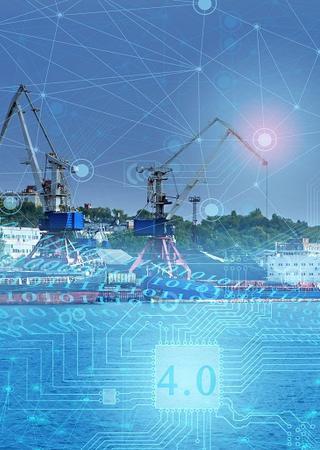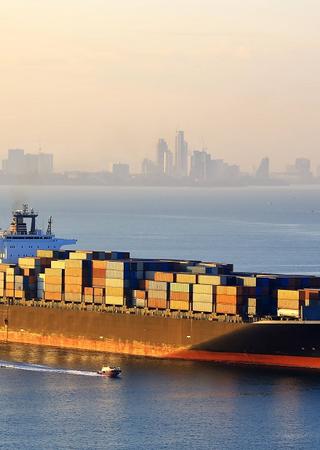EU MRV
Monitoring, reporting and verification of CO2 emissions from ships
Both the European Union (EU) and the International Maritime Organization (IMO) have instituted mandatory regulations aiming to reduce greenhouse gas emissions from merchant ships over 5,000 GT. Since 2018, the EU monitoring, reporting and verification (MRV) regulation requires vessel operators to calculate CO2 emissions on voyages to, from and between EU Member State ports. The IMO Fuel Oil Data Collection System (DCS) establishes the same for international voyages.
BV Solutions M&O offers services to ensure that clients’ maritime EU MRV systems are properly implemented and fully compliant with these regulations.
Our added-value
Our experts have a deep understanding of the EU MRV regulation and its requirements.
We support our clients to get them acquainted with MRV implementation through tailor-made service, including dedicated training and appropriate templates.
We check client vessels’ emissions reporting prior to the transmission to Recognized Organizations with regards to both EU and international regulations.
Innovation – Global Service Line Energy Transition Manager
BV Solutions
Maritime transport has a significant impact on climate change due to the emissions it generates. While vessels above 5,000 GT account for around 55% of ships calling into EU ports, they represent 90% of related emissions. BV Solutions M&O is proud to partner with shipowners to reduce the environmental impact of maritime transport.


